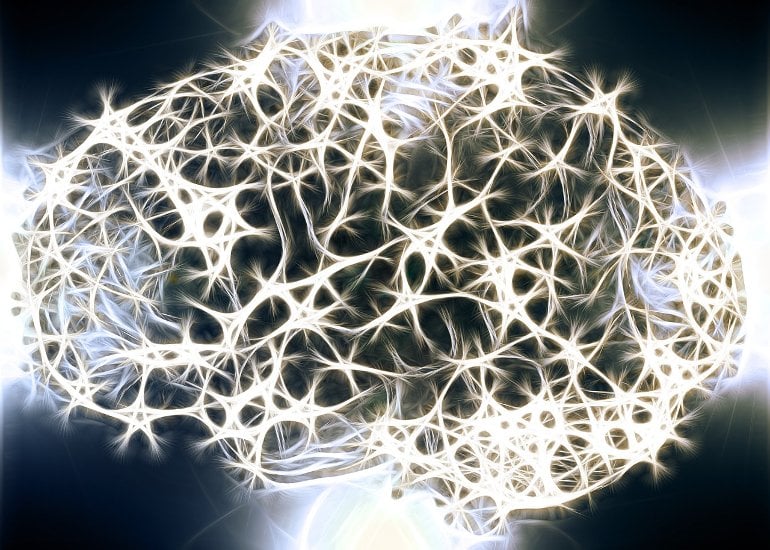
During the study, mice were fed the fasting-mimicking diet for 4 or 5 days twice per month and were allowed to eat normally between FMD cycles.
In a long-term experiment to see the effects in aged mice, 3xTg mice were placed on the diet for 30 cycles in 15 months.In both models, mice who underwent FMD cycles showed promising reductions in amyloid beta – which form the sticky, disruptive plaques in the brain – and tau pathology compared to mice eating a standard diet.Outwardly, mice of both Alzheimer’s models who underwent the FMD showed less cognitive decline than their standard diet counterparts.Cognitive behavior, including exploration and performance within mazes, was tested in young mice before the dietary regimen began and again after several months of either a standard diet or twice-monthly FMD cycles.
The Alzheimer’s mice given the FMD significantly outperformed the Alzheimer’s mice given standard diets and in some instances performed similarly to the non-Alzheimer’s-prone control mice, indicating that cognitive decline had been significantly slowed.In addition to the study in mice, Longo and colleagues also included data from a small Phase 1 clinical trial of the fasting-mimicking diet in human patients diagnosed with mild cognitive impairment or mild Alzheimer’s disease.“Fasting-mimicking diet cycles reduce neuroinflammation to attenuate cognitive decline in Alzheimer’s models” by Valter Longo et al.
Fasting-mimicking diet cycles reduce neuroinflammation to attenuate cognitive decline in Alzheimer’s modelsThe effects of fasting-mimicking diet (FMD) cycles in reducing many aging and disease risk factors indicate it could affect Alzheimer’s disease (AD)Here, we show that FMD cycles reduce cognitive decline and AD pathology in E4FAD and 3xTg AD mouse models, with effects superior to those caused by protein restriction cyclesIn 3xTg mice, long-term FMD cycles reduce hippocampal Aβ load and hyperphosphorylated tau, enhance genesis of neural stem cells, decrease microglia number, and reduce expression of neuroinflammatory genes, including superoxide-generating NADPH oxidase (Nox2)